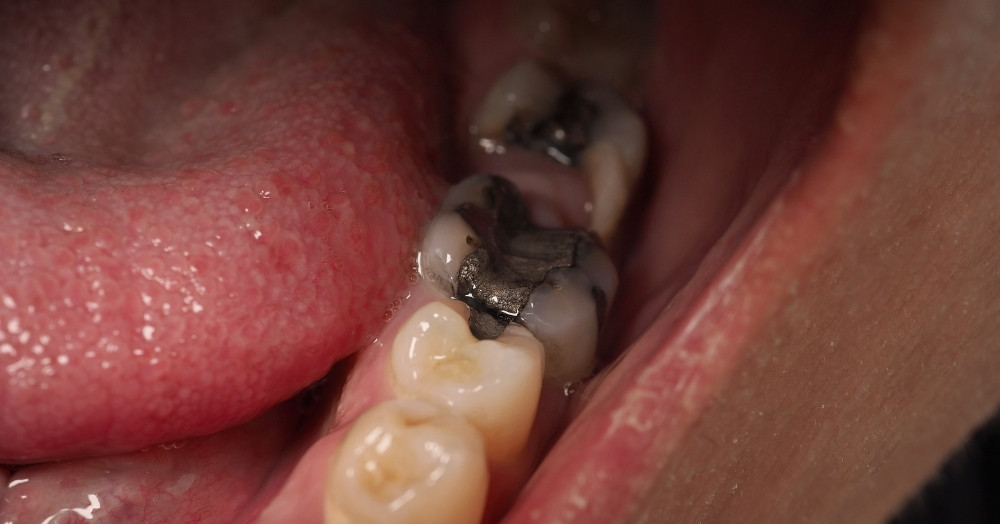
November 11, 2024
Dental Care
A black tooth can be alarming, especially if it appears suddenly. But is a black tooth an emergency? While it may seem like a serious issue, the answer depends on the cause of the discoloration. In some cases, it can indicate a problem that requires immediate attention, while in others, it may not be as urgent. It’s important to understand what might be causing the blackening and whether it’s something that can wait or needs prompt treatment. Let’s explore the possible causes of a black tooth and when it becomes a dental emergency.
Common Causes of a Black Tooth
Several reasons can lead to a tooth turning black. Some are minor, while others could indicate an underlying health concern.
- Tooth Decay: One of the most common reasons for a tooth to turn black is untreated cavities. When plaque builds up on the tooth, it leads to decay, which can eventually cause the tooth to darken.
- Trauma: If the tooth has been injured or knocked, it can cause damage to the tooth’s nerve, leading to discoloration. In such cases, the blackness could be a sign that the tooth is dying.
- Old Fillings: Silver amalgam fillings can tarnish over time, leaving a black appearance around the edges of the filling.
- Poor Oral Hygiene: Plaque and tartar buildup from not brushing and flossing regularly can contribute to the darkening of teeth.
- Smoking or Certain Foods: Staining from tobacco use or certain beverages like coffee, tea, and wine can cause teeth to darken over time.
When Should You Seek Emergency Dental Care?
Now that we know the causes let’s examine when a black tooth truly becomes an emergency.
Immediate Attention is Needed
- Pain and Sensitivity: As per the recommendations of a trusted dentist, If your black tooth is painful or sensitive to hot and cold temperatures, this could be a sign of nerve damage or infection. In such cases, it’s essential to seek help right away. An infection can spread to other areas of the mouth or body if left untreated.
- Swelling or Abscess: If you notice swelling around the black tooth, along with a pimple-like bump on the gums (abscess), it could be a sign of an infection. This requires prompt attention to prevent the infection from worsening.
- Tooth Loss: If the tooth is severely damaged or loose, and you are at risk of losing it, immediate intervention from your dentist can help save it.
- Bleeding: If you have a black tooth along with persistent bleeding, you should consult your dentist. Bleeding could indicate gum disease or injury that needs immediate care.
Less Urgent But Still Important
- Cosmetic Concern: If the blackness is purely cosmetic with no pain or sensitivity, it may not require emergency care. However, it’s still important to address it with your dentist as soon as possible to prevent further damage or staining.
- Minor Decay: If the discoloration is due to minor decay, it may not be an emergency. However, scheduling a visit to your dentist is still recommended to avoid further deterioration of the tooth.
Treatment Options for a Black Tooth
Treatment for a black tooth depends on the underlying cause. Here are some common solutions:
- Root Canal Therapy: If the tooth is infected or the nerve is damaged, a root canal may be necessary to save the tooth. During this procedure, the damaged nerve is removed, and the tooth is sealed.
- Filling or Crown: If the blackness is due to a cavity or old filling, your dentist may recommend a filling or a dental crown to restore the tooth’s appearance and function.
- Whitening or Veneers: For cosmetic reasons, whitening treatments or dental veneers may help cover up the discoloration. However, these treatments do not address the root cause of the problem.
- Extraction: In severe cases, if the tooth is beyond saving, extraction may be the only option.
Can A Black Tooth Be Prevented?
Preventing a black tooth requires maintaining good oral hygiene and avoiding habits that contribute to decay or staining. Here are some tips to help prevent discoloration:
- Brush and Floss Regularly: Brush your teeth at least twice a day and floss daily to remove plaque and prevent cavities.
- Visit Your Dentist Regularly: Regular checkups with your dentist can help catch problems like tooth decay before they turn into bigger issues.
- Avoid Staining Foods and Drinks: Limit your consumption of foods and beverages that can stain your teeth, such as coffee, wine, and tobacco.
- Wear a Mouthguard: If you play contact sports, wearing a mouthguard can help prevent trauma to your teeth.
- Eat a Balanced Diet: Eating a diet rich in vitamins and minerals can help strengthen your teeth and prevent decay.
Is A Black Tooth An Emergency?
So, is a black tooth an emergency? It depends on the situation. If the tooth is painful, swollen, or infected, it’s time to see a dentist as soon as possible. On the other hand, if the discoloration is due to cosmetic issues or minor decay, it may not be urgent, but it should still be addressed. Taking quick action will help prevent the problem from getting worse and allow your dentist to restore your tooth to its healthy state.
If you’re unsure whether your black tooth requires immediate care, don’t hesitate to consult your dentist. It’s always better to be safe than sorry when it comes to your dental health!
Recent Posts
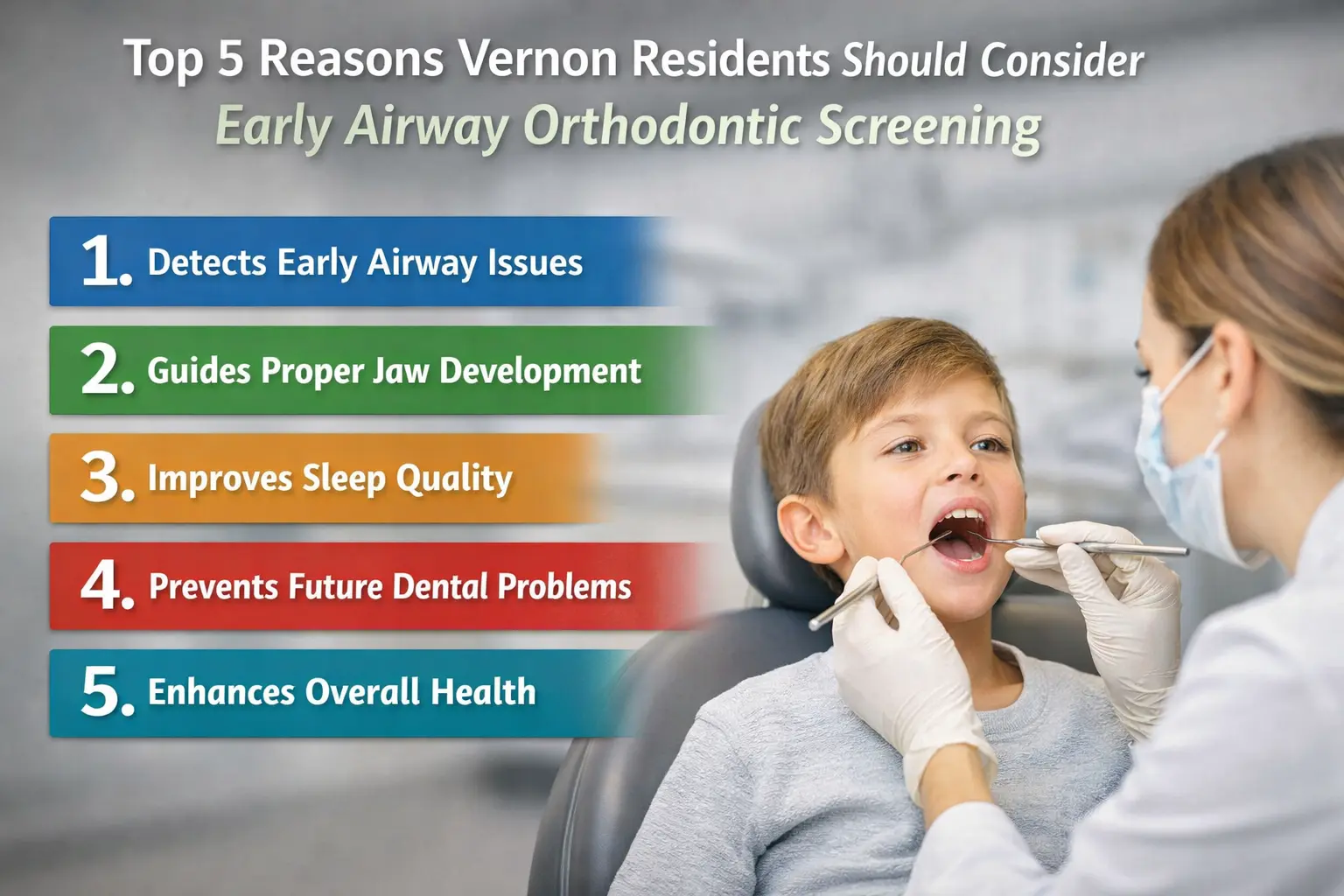
Top 5 Reasons Vernon Residents Should Consider Early Airway Orthodontic Screening
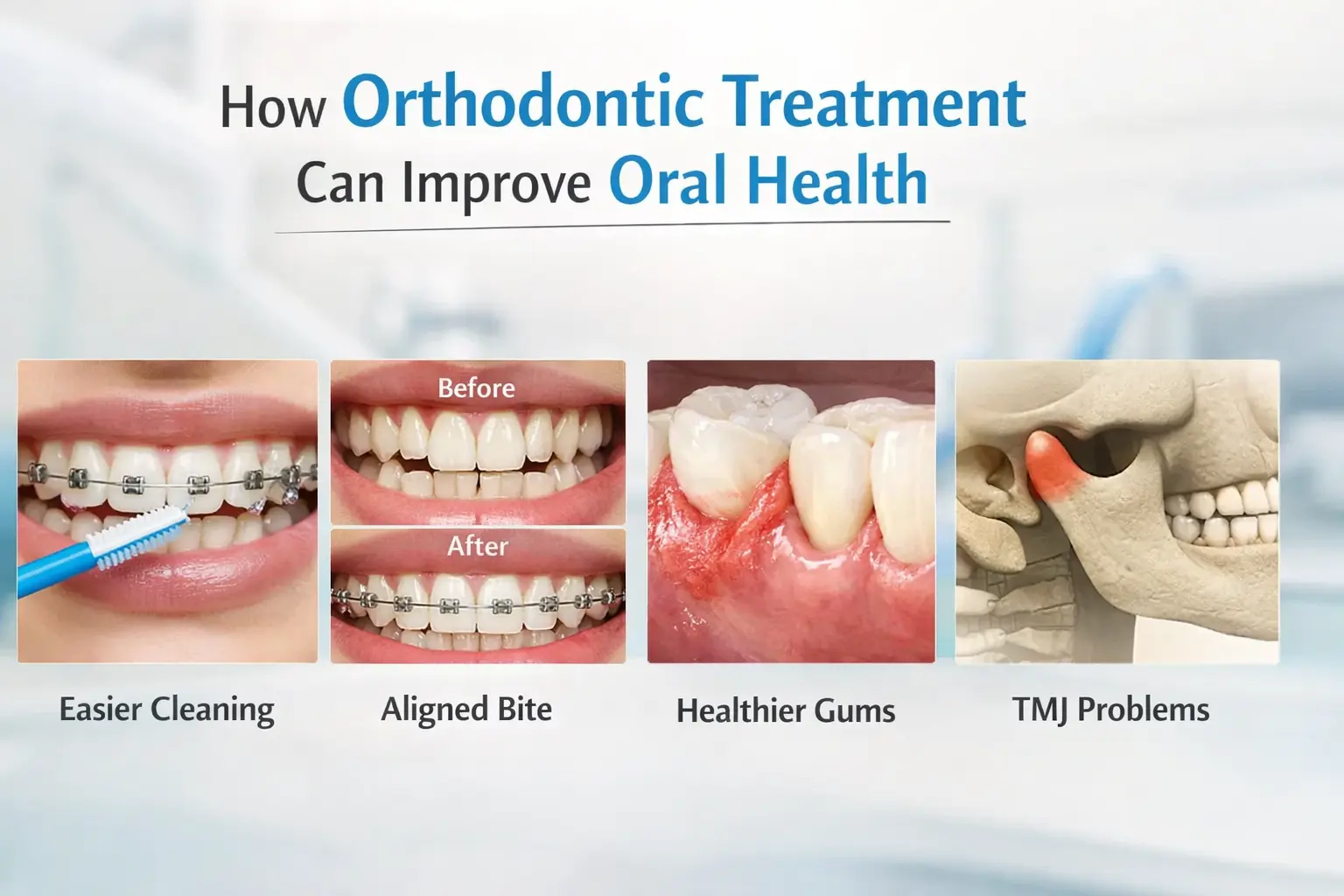
How Orthodontic Treatment Can Improve Oral Health
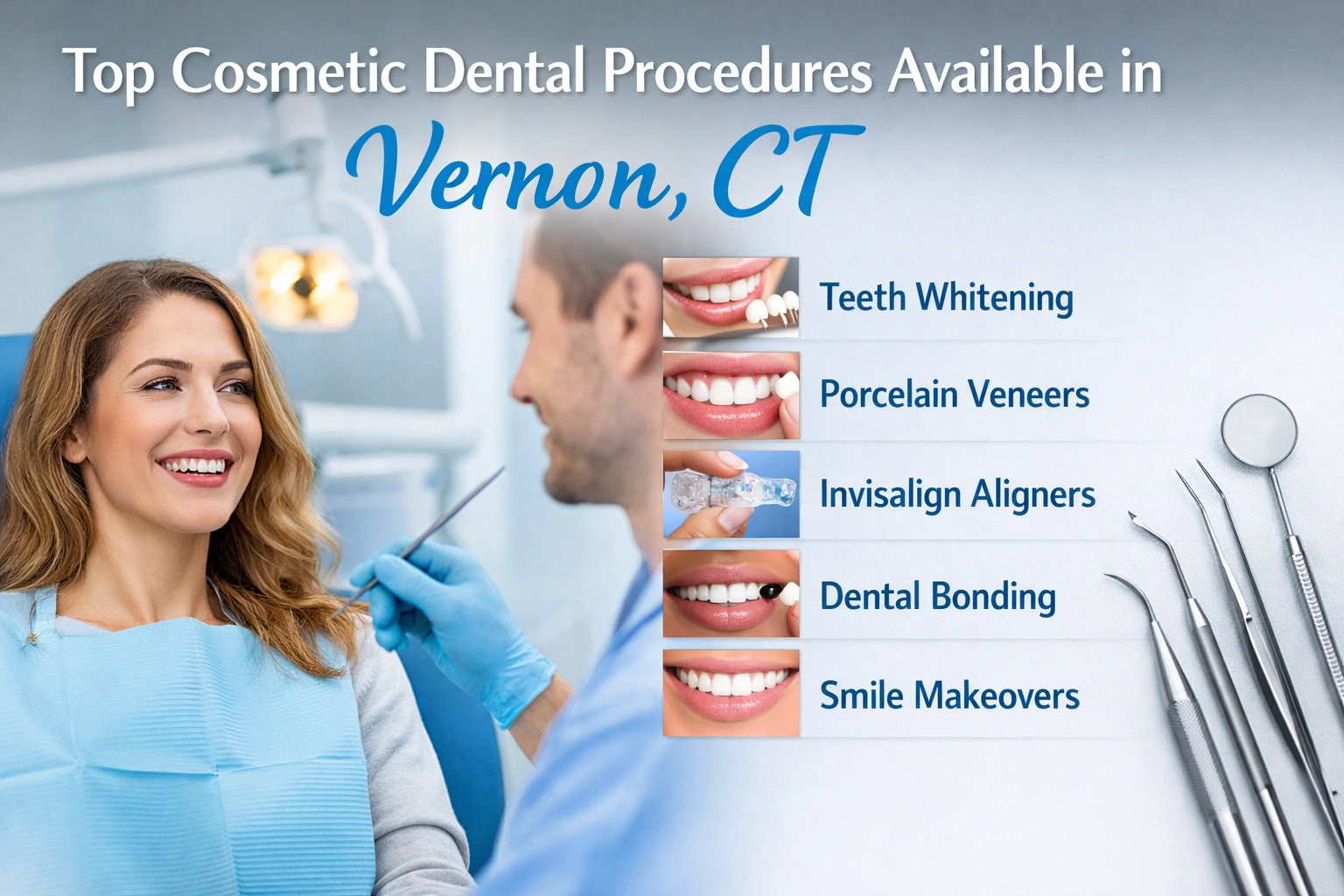
Top Cosmetic Dental Procedures Available in Vernon, CT
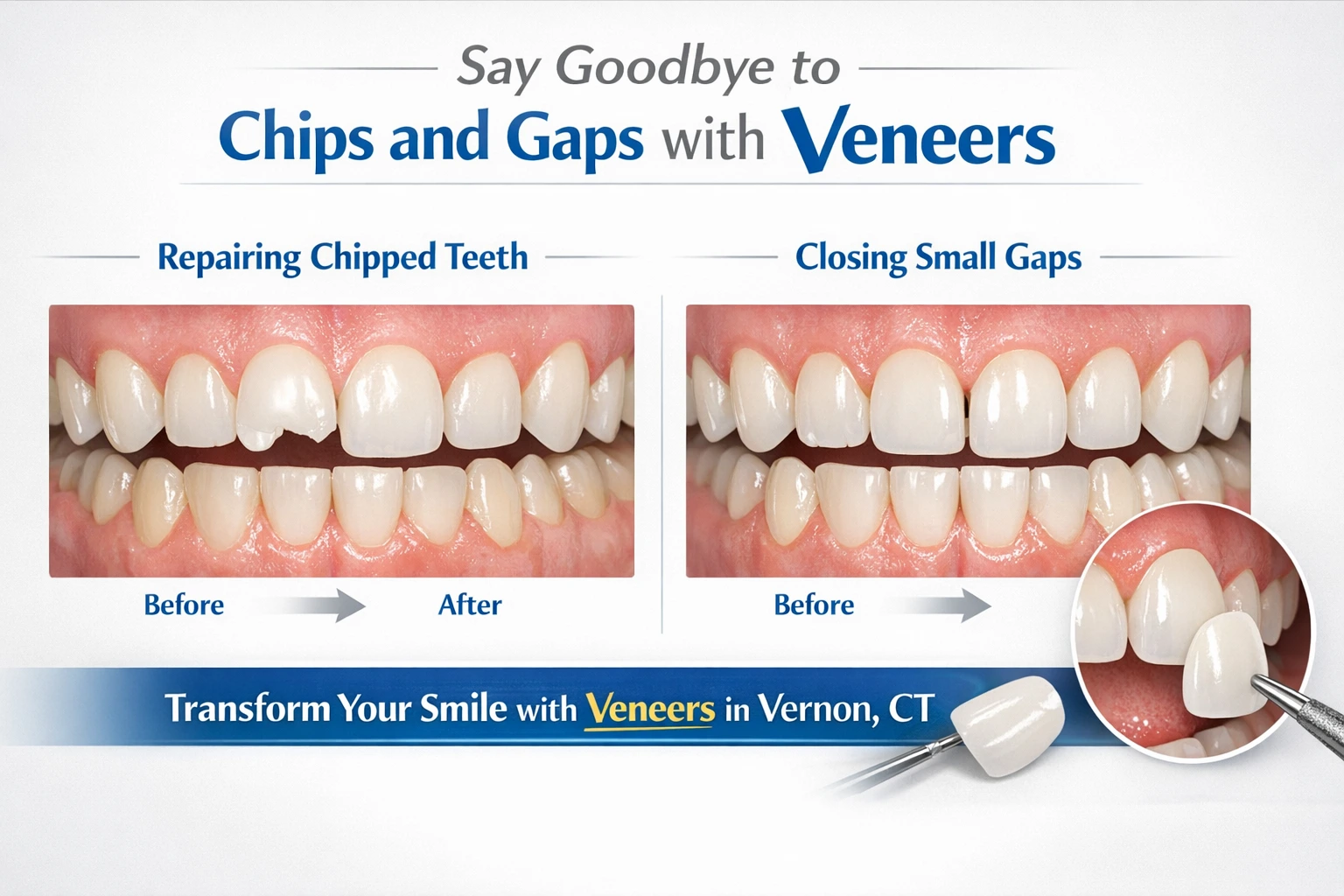
How Veneers Address Structural Imperfections Like Chips And Small Gaps

